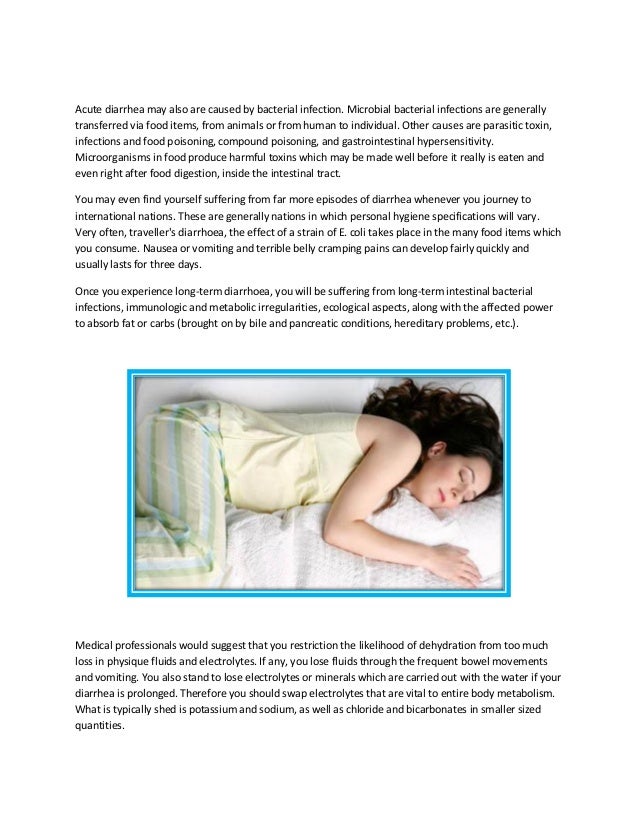

Breastfed babies often have less diarrhea. Not give too much plain water to kids of any age.


Some are available as popsicles.Īvoid juice or soda. These fluids have the right balance of water, sugar, and salts. Offer drinks called glucose-electrolyte solutions. Antibiotics may be prescribed when bacterial infections are the cause.Ĭhildren should drink lots of fluids. In most cases, treatment includes replacing lost fluids. It will also depend on how severe the condition is.ĭehydration is the major concern with diarrhea. Treatment will depend on your child’s symptoms, age, and general health. This tube blows air into the intestine to make it swell. The tube is put into your child’s intestine through the rectum. It uses a short, flexible, lighted tube (sigmoidoscope). It helps to tell what is causing diarrhea, stomach pain, constipation, abnormal growths, and bleeding. This test lets the healthcare provider check the inside of part of your child’s large intestine. Tests to check for food intolerance or allergiesĪ sigmoidoscopy. Imaging tests to rule out structural problems A small stool sample is taken and sent to a lab.Ī stool evaluation to check the stool for blood or fat Your child may have lab tests to check blood and urine.Ī stool culture to check for abnormal bacteria or parasites in your child’s digestive tract. He or she will give your child a physical exam. The healthcare provider will ask about your child’s symptoms and health history. Make sure your child sees his or her healthcare provider for a diagnosis. Severe diarrhea may be a sign of a serious disease. The symptoms of diarrhea may look like other health problems. Symptoms can occur a bit differently in each child. It may be hard to find out what is causing your child’s diarrhea. Also talk with the provider if symptoms stop your child from doing daily activities. Talk with your child's healthcare provider if symptoms don’t go away. Severe diarrhea may mean a child has a serious disease. This is caused by having food or water that is not safe because of bacteria, viruses, or parasites. Parasites that enter the body through food or waterĪn intestinal disease, such as inflammatory bowel diseaseĪ problem with how the stomach and bowels work (functional bowel disorder), such as irritable bowel syndromeĬhildren who visit some foreign countries are at risk for traveler's diarrhea. Trouble digesting certain things (food intolerance)Īn immune system response to certain foods (food allergy) Giardia may also cause chronic diarrhea.ĭiarrhea may be caused by many things, including: This includes ulcerative colitis, Crohn’s disease, or celiac disease. It can also be caused by an intestinal disease. This may be caused by another health problem such as irritable bowel syndrome. Or it may happen if your child gets sick from a virus. This may be caused by food or water that was contaminated by bacteria (bacterial infection). Diarrhea that lasts 1 or 2 days and goes away. If diarrhea lasts more than 2 days, your child may have a more serious problem. It may last 1 or 2 days and go away on its own. Your child may also need to go to the bathroom more often.ĭiarrhea is a common problem. Diarrhea is when stools (bowel movements) are loose and watery.


 0 kommentar(er)
0 kommentar(er)
